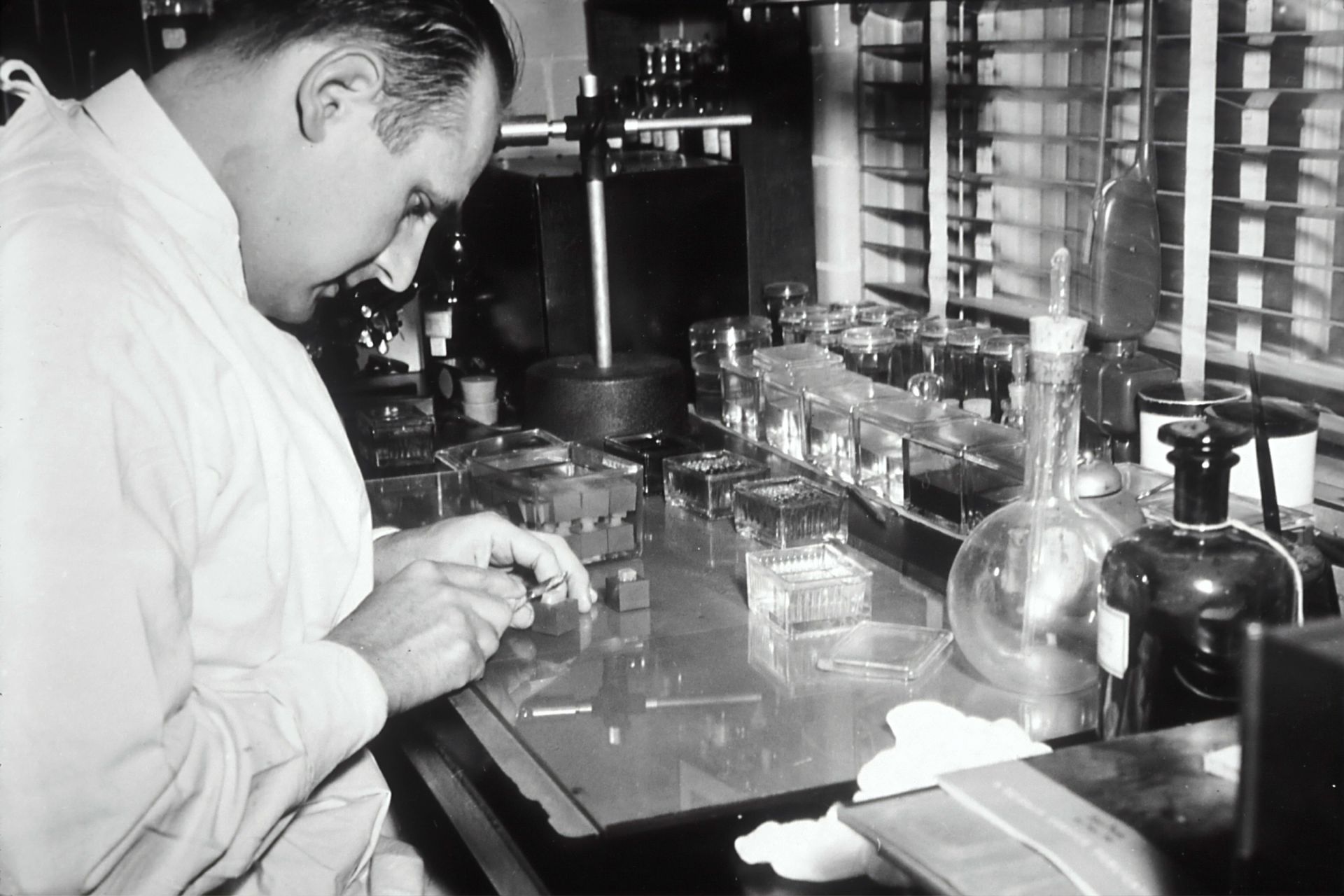With the festival season back in full swing, plenty of music lovers are sure to find themselves once more confronted by the canine constabulary. The infamous Police Drug Detection Dog has become such an integral part of the law-enforcement landscape that nowadays no festival frolic is complete without a good going over by some deputy dog. We’re told it’s all a necessary part of policing’s zero-tolerance towards drugs, but lately some commentators have raised serious questions about the efficacy and effectiveness of such undignified intrusion, and whether the deployment of sniffer dogs to allow police to farm out reasonable suspicion to their four-legged friends, can ultimately be justified.
Photo by James Barker, Unsplash
Generally speaking, in Queensland police are not entitled to search any citizen without a search warrant. However, if they form a “reasonable suspicion” that the person is in possession of a dangerous drug, that entitles them to detain and search the suspect without warrant. Enter the faithful Drug Detection Dog. Under section 37 of Queensland’s Police Powers and Responsibilities Act 2000 if a drug detection dog “indicates” it has detected drugs on a person, that is sufficient for a police officer to form a reasonable suspicion, so as to justify a search without warrant. That may sound terribly ingenious and efficient in theory, but is it really? The problem is that while lots and lots of drug dogs apparently “indicate” they have found something on someone, most of the time they actually get it dead dog-gone wrong. New South Wales Police Service records report that of the 14,593 searches conducted pursuant to an indication by drug detection dogs throughout 2014, only 3830 searches revealed the presence of drugs on the suspect. That’s a little over 26%, meaning that, in a whopping 74% of cases, after subjecting the sniffed-over suspect to the indignity of a full body search, police have been left to conclude Rover just got a little overexcited.
The low accuracy rates of the dogs has raised some interesting questions about both animal and human behaviour. Some critics flag concerns that police may intentionally or otherwise guide sniffer dogs to ‘persons of interest’ or minority groups whom police subjectively believe are likely to be in possession of drugs. Being highly responsive to subtle human behavioural cues, a dog that picks up on the body language of a dog handler who is inclined to suspect a particular individual, may well be keen to please its master by showing an equally-excited interest.
The result can be embarrassing at best for the suspect, regardless of what they may have in their pockets. Being publicly searched in front of fellow festival goers, or even being led away in police custody to a private place for more -discreet and perhaps -intrusive inspection, can be most distressing and destructive of one’s dignity and reputation. But the potential injustice of such imposition can also go further. At one music festival held in Sydney in June this year, event organisers made the decision that if any patron identified by a sniffer dog as possibly carrying drugs was to be summarily denied entry to the event altogether, whether or not they were subsequently shown to be in possession of drugs.
Despite such concerns being raised, given current legislation and police service policy, it’s probably fair to say that, for the time being at least, the not-so-trusty sniffer dog will continue to be a familiar fixture on the festival circuit. So be careful, play safe, and whatever you do – don’t pat the dogs.












